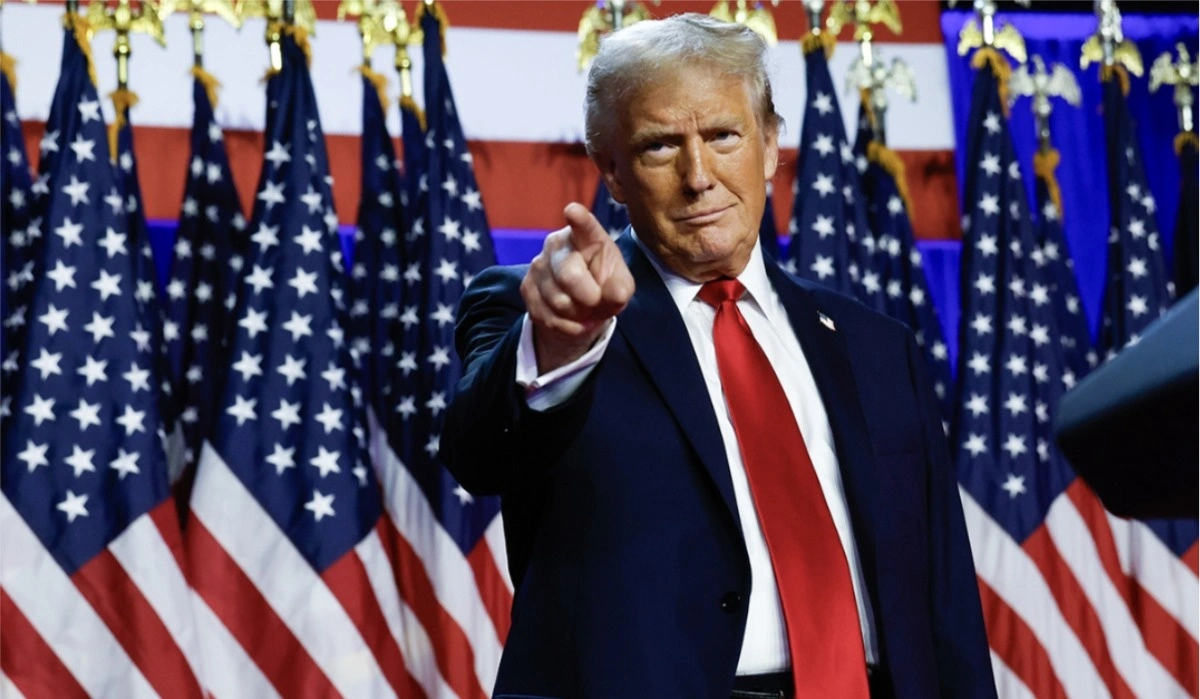Trump and his administration have declared a 30% import tax on all South African products entering American markets, set to take effect August 1.
The unexpected move comes via official correspondence from President Donald Trump to South African leader Cyril Ramaphosa, citing alleged trade imbalances as justification for the punitive measures.
Protectionist Policy Targets Wine, Citrus and Mineral Exports
The presidential memorandum, bearing the official seal and dated July 7, asserts that South Africa maintains disproportionate trade advantages that allegedly harm U.S. economic interests. This decision places several of South Africa’s most lucrative export sectors – including agricultural products like citrus fruits and wines, along with critical minerals – in immediate jeopardy.
“The current trade framework between our nations remains fundamentally inequitable,” Trump stated in the communiqué.
The administration framed the tariffs as necessary economic safeguards, with an unusual provision threatening automatic increases should South Africa implement countermeasures.
ALSO READ: Nhlanhla Mkhwanazi Exposes Alleged Network of Corruption Linking Politicians and Law Enforcement
AGOA Benefits in Question as Economic Fallout Looms
Trade analysts warn this development could destabilize South Africa’s export economy, particularly as the future of the African Growth and Opportunity Act (AGOA) preferences grows increasingly uncertain. The timing suggests strategic positioning amid growing tensions between Washington and BRICS nations, especially regarding the bloc’s controversial alternative currency proposals.
While offering South African manufacturers relocation incentives to U.S. soil, the administration’s ultimatum makes clear that continued trade access depends on compliance with American terms. This latest protectionist measure follows a pattern of aggressive trade policies targeting developing economies during Trump’s presidency.
Global Trade Implications
Economic observers note the decision may signal a broader campaign against BRICS-aligned nations, with potential ripple effects across emerging markets. The mandated tariff hike mechanism represents an unprecedented escalation in bilateral trade enforcement, potentially setting a new standard for U.S. trade negotiations worldwide.
ALSO READ: Two South Africans Arrested in Mzansi Over Zimbabwe’s US$4 Million Ecobank Heist
South African trade officials face critical decisions in the coming weeks, balancing potential retaliation against the risk of triggering even steeper economic penalties from the world’s largest consumer market.

